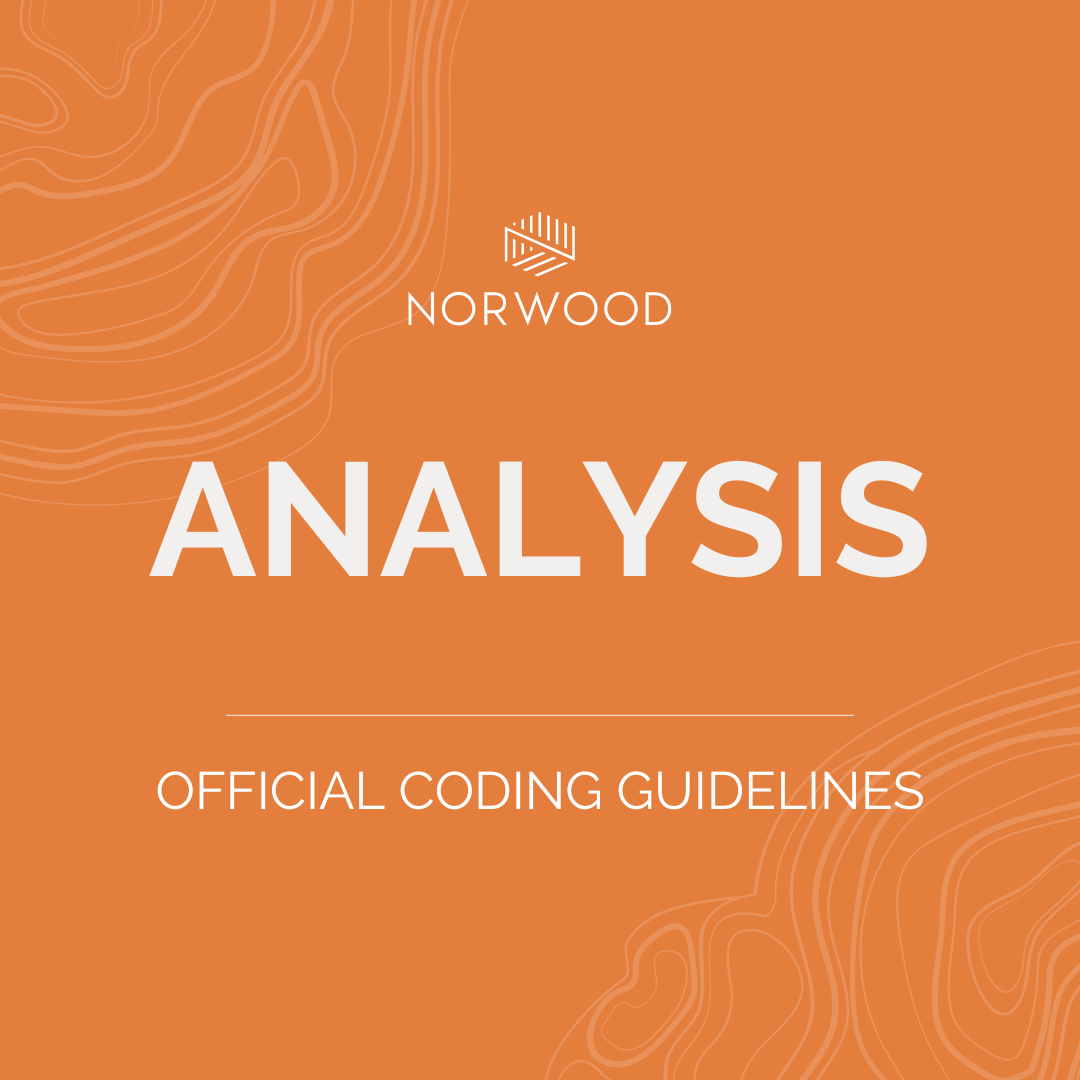HIV, hypertension with heart disease, BMI and more updated in ICD-10-CM Official Guidelines for Coding and Reporting effective Oct. 1, 2025

The new ICD-10-CM Official Guidelines for Coding and Reporting are out. Let’s take a closer look.
… but before we do, know that these are effective Oct. 1, 2025. So until then stick with the current guidelines.
I’m listing here just the major highlights; this summary is not exhaustive and there are many small changes throughout. Fortunately all changes are in BOLD text (see link below) which makes skimming easy.
A new exception for coding from other clinicians
I’ve written recently about the compliant use of documentation by clinicians other than the patient’s provider; it’s a relatively modest list (see below). We’ve got another addition:
- Firearm injury intent can now be assigned by a clinician other than the patient’s provider (as long as they are permitted to document in the medical record)
New guideline on multiple sites coding, under section B (General Coding Guidelines).
The classification defines “multiple” as involving two or more sites. Follow chapter specific guidelines for assigning codes for “multiple sites.” In the absence of chapter specific guidelines, assign codes describing specified sites individually when documented. When the specified site(s) are not documented, assign the appropriate code for “multiple sites.”
Chapter specific changes
We’ve got several changes to the chapter guidelines, including new entries for HIV, hypertension with heart disease, diabetes, BMI, and more.
For HIV, too many to list here, so review pp. 20-22 for complete details. But here’s a couple interesting and entirely new additions:
Previously diagnosed HIV-related illness
Patients with documentation of a prior diagnosis of an HIV-related illness should be coded to B20. Once an HIV-related illness has developed, code B20 should always be assigned on every subsequent admission/encounter. Patients previously diagnosed with any HIV illness (B20) should never be assigned to R75, Inconclusive laboratory evidence of human immunodeficiency virus [HIV] or Z21, Asymptomatic human immunodeficiency virus [HIV] infection status.
Encounters for HIV testing
If a patient without signs or symptoms is tested for HIV, assign code Z11.4, Encounter for screening for human immunodeficiency virus [HIV]. Use additional codes for any associated high-risk behavior, if applicable. If a patient with signs or symptoms of HIV presents for HIV testing, code the signs and symptoms. An additional counseling code Z71.7, Human immunodeficiency virus [HIV] counseling, may be assigned if counseling is provided during the encounter for the test.
Hypertension with Heart Disease
Hypertension with heart conditions classified to I50.-, Heart failure, I51.4, Myocarditis, unspecified, I51.89, Other ill-defined heart diseases, and I51.9, Heart disease, unspecified, is assigned to a code from category I11, Hypertensive heart disease. Use additional code(s) from category I50, Heart failure, or I51, Complications and ill-defined descriptions of heart disease, to identify the heart condition.
Body mass index (BMI)
BMI codes should only be assigned when there is an associated, reportable diagnosis (such as obesity or anorexia) documented by the patient’s provider. Do not assign BMI codes during pregnancy. When the documentation reflects fluctuating BMI values during the current encounter for an associated reportable condition, assign a code for the most severe value.
References
- View the new guidelines here: https://ftp.cdc.gov/pub/Health_Statistics/NCHS/Publications/ICD10CM/2026/ICD-10-CM-October-2025-Guidelines.pdf
- Norwood, Assigning codes from clinicians other than the patient’s provider: https://www.norwood.com/assigning-codes-from-clinicians-other-than-the-patients-provider/
Related News & Insights
A very bad start to the year for Medicare Advantage; whistleblowers and government officials expose questionable risk adjustment coding practices
By Brian Murphy This has been a terrible start to the year for Medicare Advantage. Senator…
From Encephalopathy to Edema: Talking chart review with Dr. Tarman Aziz
Listen to the episode here. I’m consistently surprised at how few CDI or IP coding professionals talk about their most basic…


